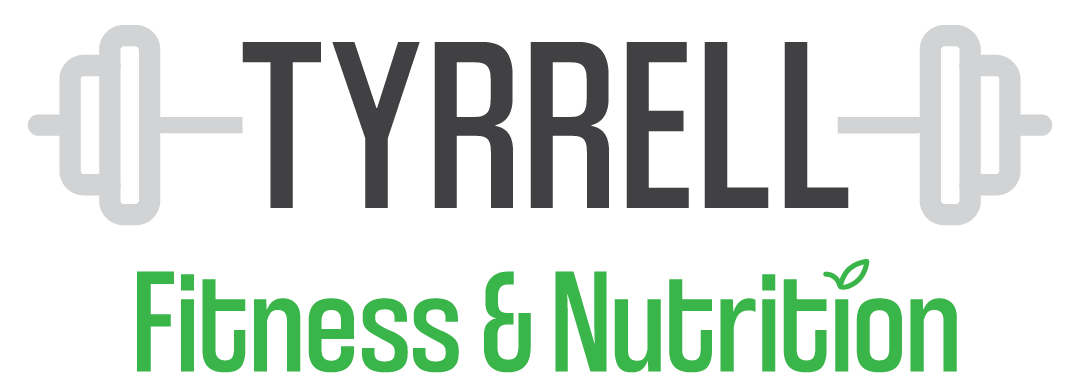Choline is an essential nutrient crucial for various physiological functions in the human body, including brain health, liver function, muscle movement, and metabolism.
The interplay between choline and estrogen during menopause is intriguing and may have implications for women’s health. Research suggests that estrogen influences choline metabolism and utilization in the body. Estrogen receptors are present in tissues involved in choline metabolism, such as the liver and brain, indicating a potential regulatory role of estrogen in choline-related processes.
Furthermore, studies have shown that estrogen deficiency, as seen during menopause, can affect choline metabolism and may lead to alterations in choline uptake, synthesis, and utilization. This disruption in choline homeostasis could potentially contribute to cognitive changes and other symptoms experienced by women during menopause.
Maintaining adequate choline intake during menopause is important for supporting overall health, particularly brain health and cognitive function.
